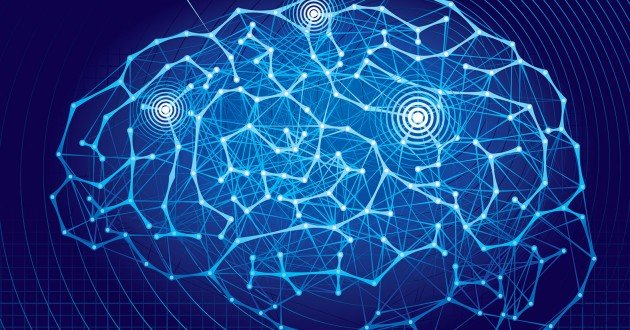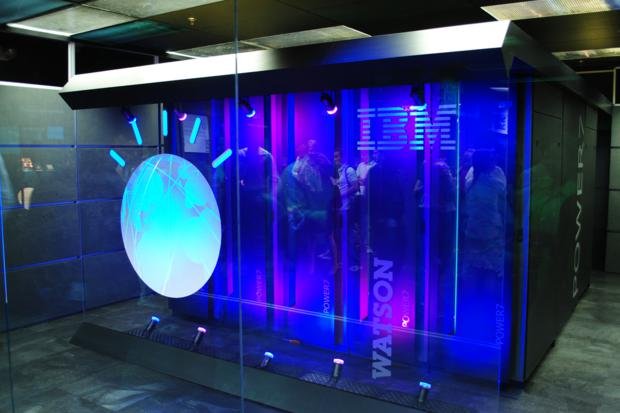PSN 2011. Dropbox 2012. Yahoo 2014. High profile data theft is a threat for corporations, and it's on the rise.
Cybercrime is estimated to reach security costs of $2.1 trillion for business by the year 2019. Even small to medium sized businesses are not immune as targets, with 20% of them affected by cybercrime.

source
Knowing you got hacked can take a long time to realize. Usually if someone is able to get in undetected, their actions and whatever has been done will remain undetected until it is noticed or causes a problem. Taking data is not something that causes problems for a network or computer system.
On average, a business will take 229 days to realize it has been hacked. This is almost 2/3 of a year, and that's often too late to do something about salvaging the data, changing the compromised data, or keeping a good reputation along with the money that comes with it.
Cybersecurity doesn't have that many people working it. The line of defense is thin and busy. Companies have not invested enough in cybersecurity management and defense. But now there is more of a demand, since there is a rising risk of cybercrimes to drive it.
Carmina Lees, IBM vice president for the Security Business in the UK, says: "Just a few years ago, companies relied on small security teams of two or three people. Nowadays, those teams just cannot cope with the sophisticated attacks we are seeing."
Companies are swooping up security professionals, leaving others unable to cope with growing threats. Unless things change, by 2020, as many as 1.5 million jobs in the cybersecurity industry will be open for grabs.
Former threats and emerging threats were dealt with as they came in, case by case. But that won't cut it now and into the future. Companies often have 80 security solutions from 40 vendors. Getting attacked by an infection, and trying to treat the body with 80 different medications from 40 different doctors... something seems a bit odd if that analogy applies.
A new approach is required to better manage cybersecurity.

Borrowing more from the human body analogy: creating a system that acts like an immune system could identify and mange threats in a unified responsive way. This is a "cognitive" system with machine-"learning" capabilities to process vast amounts of data from multiple domains and mediums.
The above is from the sc-fi philosophical anime Ghost in the Shell. People have cybernetic implants and cyberbrains, can hack and destroy brains, control others, interface in a virtual environment with avatars, and as the image shows, connect in a network with an AI system to holistically battle incoming attacks to the network.

source
IBM has a Watson for cybersecurity now, that will do just that. Learning the threats requires data about cybersecurity, and Watson consumes it. To further assist humans, the system is trained into question-and-answer input and output. The system will be able to interact and relate data to us in human terms that we can process more quickly, instead of a bunch of data to make sense of. The AI can do a better job of that.
A human who detects a possible threat, can send it for further analysis to the AI system for pattern recognition of similar threats in the world. The cybersecurity system, like Watson, can then tell the human what the threat and data represent, but in human spoken terminology. Normally, the human has to go look at the data themselves, collate it, process it, and make sense of it all. The computer can do this in a fraction of the time.
IBM Watson CyberSecurity

source
To help with all of these new research avenues and developing better security, IBM launched X-Force Exchange in 2015 where security analysts and academics can share their latest findings and collaborate to create solutions on a "cloud" without having to meet in person.
Anyone can develop their own prototype cybersecurity cognitive system and teach it to learn from cybersecurity intelligence data gathered for over 20 years. IBM has made over 700 TB public for researchers to use.
The new wave of metaphorically "cognitive" computer "learning" systems will greatly help humans deal with a variety of threats, with a quicker response and resolution time as well. This will greatly affect business recovery from threats and ensure a more reliable service to their customers.
Thank you for your time and attention! I appreciate the knowledge reaching more people. Take care. Peace.
References:
If you appreciate and value the content, please consider:
@krnel
2016-12-11, 4:50pm

Security is hard. I run Foxy.io which delivers PCI level 1 ecommerce solutions and staying secure is always our primary focus. Great post. So many hacker movies have played with this theme as well.
Nice. Way to go entrepreneur!
Interesting...I have no idea what any of it means, except $2.1 Trillion and using 40 medications at once (I tried it it doesn't work). Just kidding, Great article as always! Out of all the people I follow, (about 70) there's you and maybe one other I would upvote without reading first...but that would cheat me. Well Done!
:D I'm glad you stay true to your honor code of curation! Props!
What an enriching post! I've always said it: Security over marketing. Attacks are getting more sophisticated with each passing day and it's unbelievable how most companies out there keep underestimating this reality. What's the point of investing in marketing and improving your finances if all the tech infrastructure of your business is a playground for every cracker?
Interesting post :-)))
https://steemit.com/liberty/@lmr/hello-we-are-liberty-movement-radio